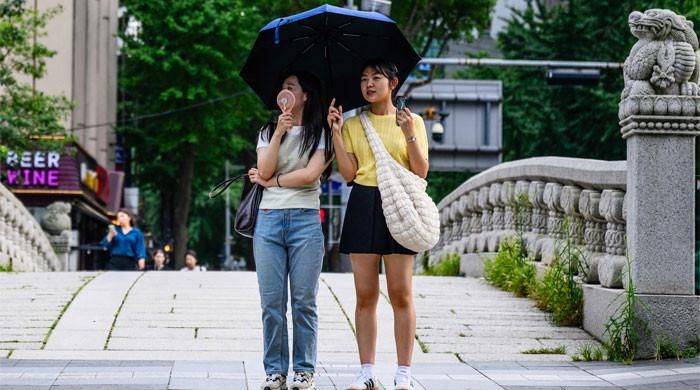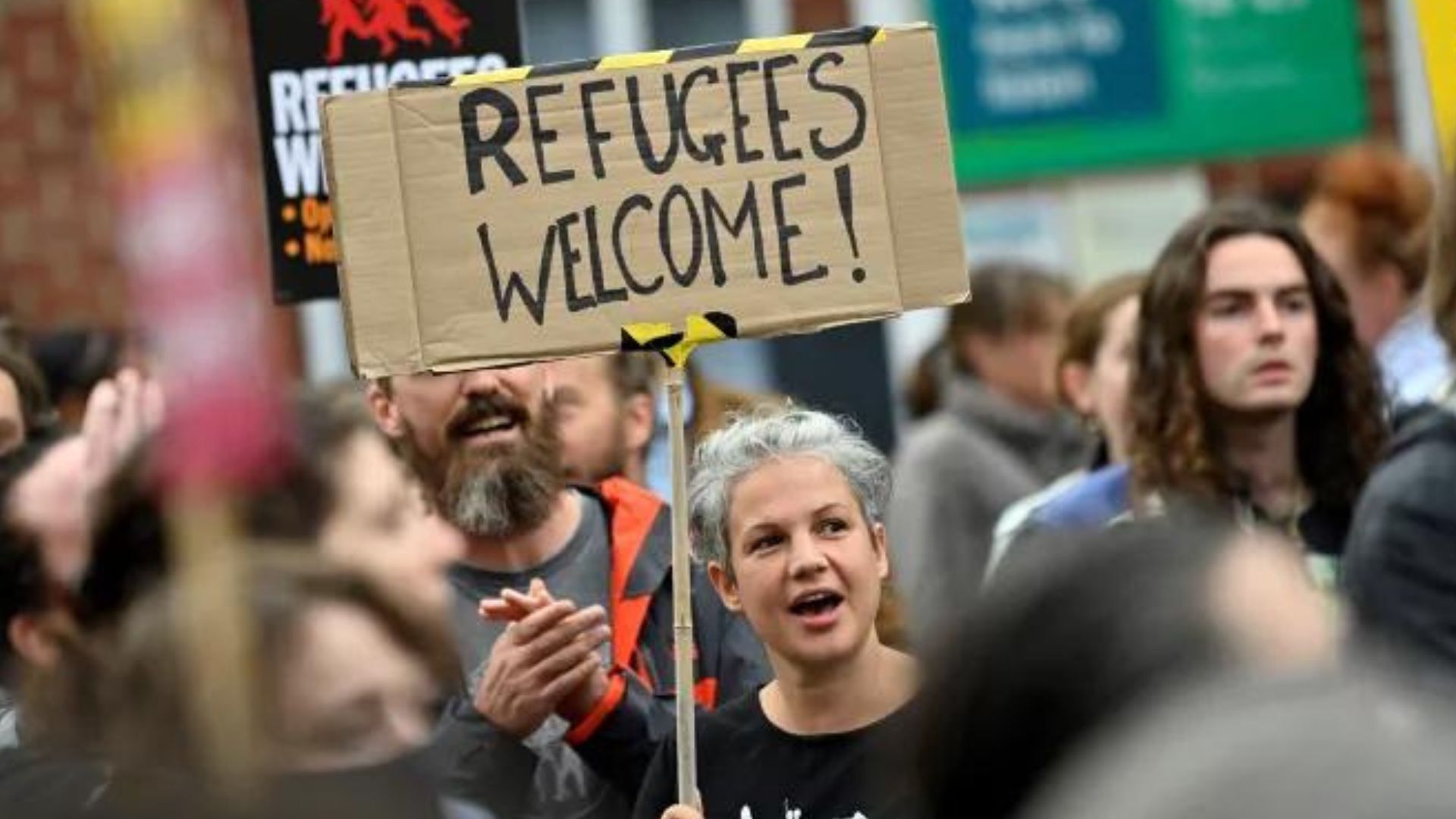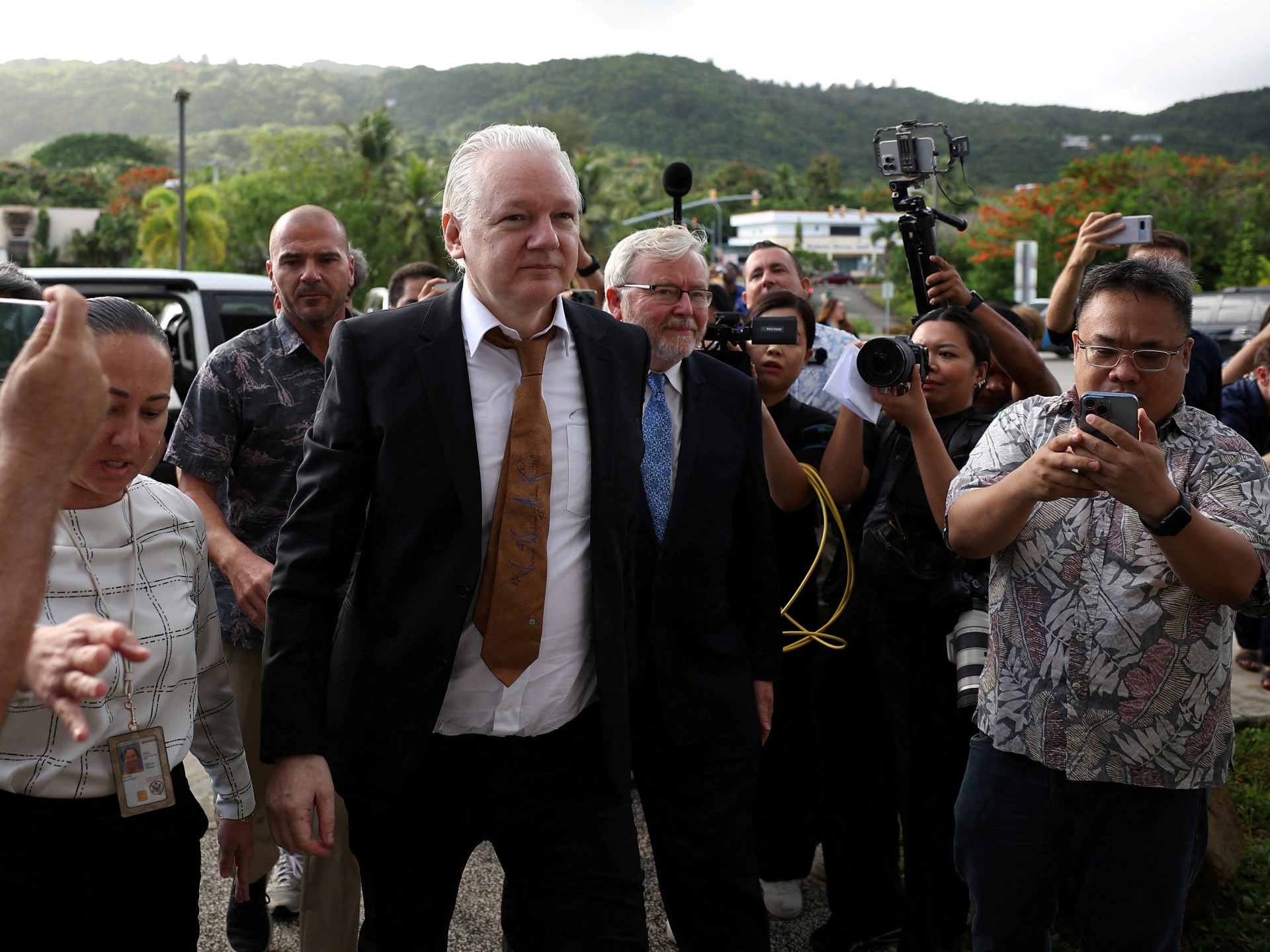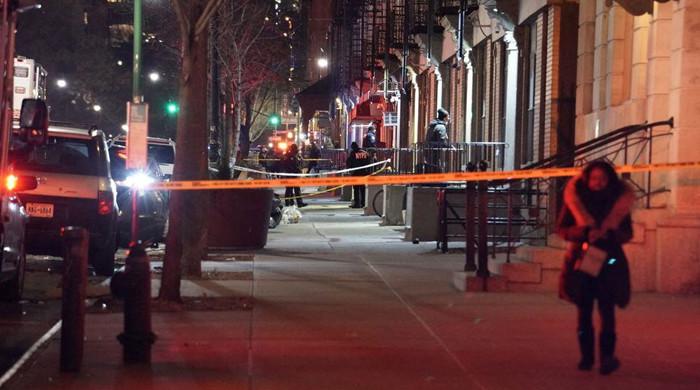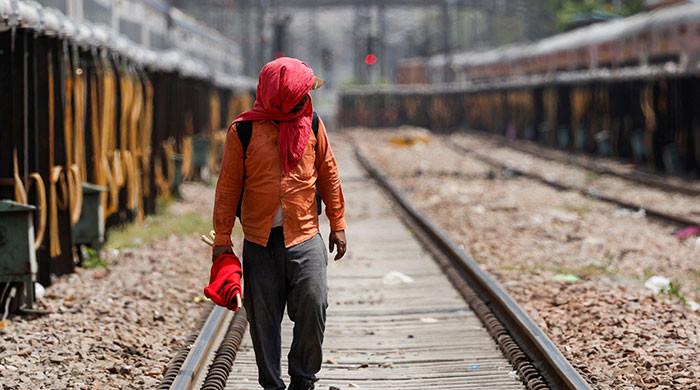South Korea's capital broke a century-old weather record with its 26th consecutive tropical night, with temperatures hovering above 25°C, official data showed on Friday.
“Cold air is not coming from the north and because we are affected by the warmer southwestern side, the temperature continuously stays around 25 degrees Celsius or more,” said Youn Ki-han, director of Seoul's Weather Forecast Division. AFP.
Much of the world is enduring a summer of extreme heat; United Nations Secretary-General Antonio Guterres warned last month of an “epidemic of extreme heat” and called for action to limit the impact of climate change.
Nighttime temperatures in South Korea's capital Seoul have exceeded 25 degrees Celsius for 26 days in a row, authorities said, marking the longest streak since modern weather observation began in 1907.
The record equals one set in 2018, but the meteorological agency considers the most recent record as a benchmark.
The intense heat in Seoul is expected to continue, according to the Seoul Meteorological Bureau, setting a record every day until next week.
Nights of more than 25 degrees are known as “tropical nights” in South Korea, and officials say such a prolonged streak is unusual.
“Normally around this time we see a drop in temperature in the morning and afternoon as cold air descends from the northwest and the North Pacific high pressure contracts, but we're not seeing any signs of that right now,” Youn said.
Meanwhile, South Korea's second-largest city, Busan, recorded its 22nd consecutive tropical night, its longest streak since records began in 1904.
According to the International Institute for Environment and Development (IIED), the number of days with temperatures reaching 35°C in the world's largest capitals has increased by 52% over the past 30 years.
In 2018 alone, Seoul experienced 21 days with temperatures above 35°C, more than in the previous 10 years combined.
“In just one generation, there has been an alarming increase,” said Dr Tucker Landesman, a senior researcher at IIED.
Climate activists in South Korea are calling for more government action.
“There is no chance of this getting better and it will surely get worse,” said Youn Se-jong, an environmental lawyer. AFP“Strengthening the goal of reducing greenhouse gas emissions must be the priority,” he added.

